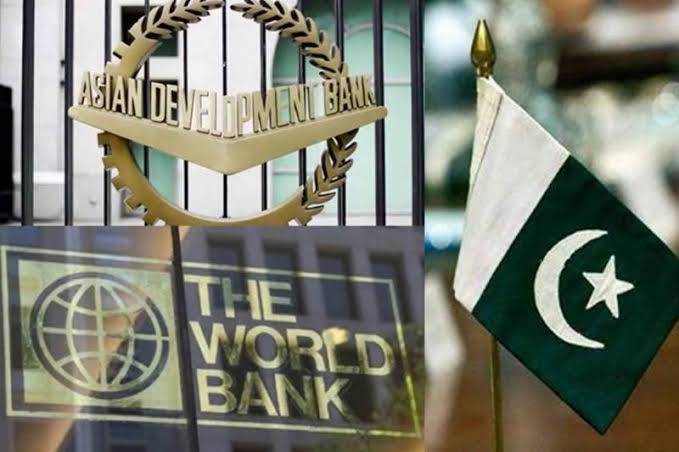World Bank top official gives dangerous report on Pakistan economy
Shares

The economic model of Pakistan has come under scrutiny, with Mathew Verghis, the Regional Director for South Asia at the World Bank (WB), expressing serious concerns about its sustainability. During a ceremony held in Islamabad, Verghis emphasized the pressing need for urgent reforms, highlighting the adverse effects of a growing fiscal deficit and current account deficit, primarily driven by high expenditures.
These imbalances have resulted in an alarming accumulation of debt, making Pakistan's economic trajectory unsustainable.
In addition to fiscal challenges, Verghis drew attention to the multifaceted difficulties facing Pakistan, ranging from economic struggles to a quiet yet substantial human capital crisis. He noted that the country's economic model has become obsolete, demanding immediate reforms to address these issues effectively.
One particularly concerning aspect was Pakistan's low ranking in the region in terms of gross domestic product (GDP), highlighting the urgency of the situation.
Verghis lamented that Pakistan was consistently spending more than its income, a situation that posed significant risks to the nation's financial stability. Moreover, he underscored the escalating threats of environmental disasters, citing the growing impact of floods on the population. To combat these challenges, Verghis stressed the importance of coordinated efforts among all stakeholders, including government bodies, non-governmental organizations, and foreign donors, to pave the way for a brighter future for Pakistan.
The World Bank representative emphasized that achieving economic recovery for Pakistan hinged on implementing immediate reforms. He argued that the current economic policies were insufficient to ensure stability, and the country's economic challenges were only growing. Verghis concluded by asserting that Pakistan could attain growth and prosperity, but it would require a modified and reformed economic system due to the inherent instability of the current model.
It is worth noting that the Asian Development Bank (ADB) recently issued an economic outlook report for Asia, predicting a modest recovery in Pakistan's gross domestic product (GDP) growth. The report estimated that Pakistan's GDP growth would increase to 1.9% in fiscal year 2023-24, up from a meager 0.3% in the preceding fiscal year, underscoring the importance of timely reforms to bolster the nation's economic prospects.
